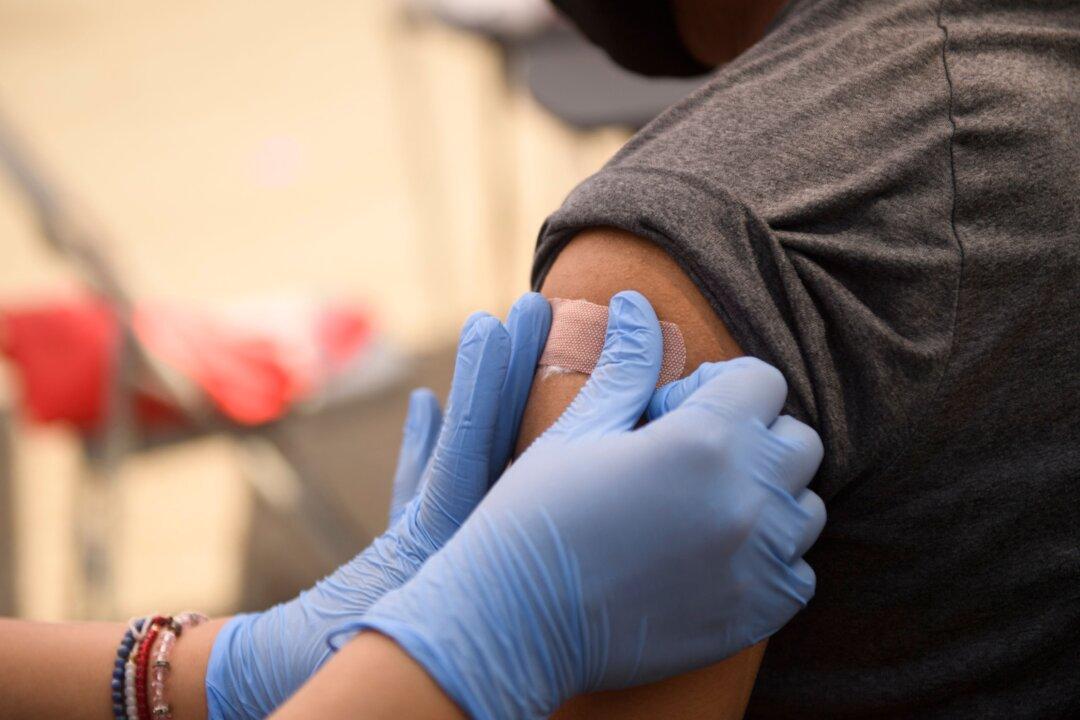The Food and Drug Administration (FDA) was advised on Tuesday to authorize Pfizer’s COVID-19 vaccine for children between the ages of 5 and 11.
The FDA’s Vaccines and Related Biological Products Advisory Committee made the recommendation.


The Food and Drug Administration (FDA) was advised on Tuesday to authorize Pfizer’s COVID-19 vaccine for children between the ages of 5 and 11.
The FDA’s Vaccines and Related Biological Products Advisory Committee made the recommendation.
